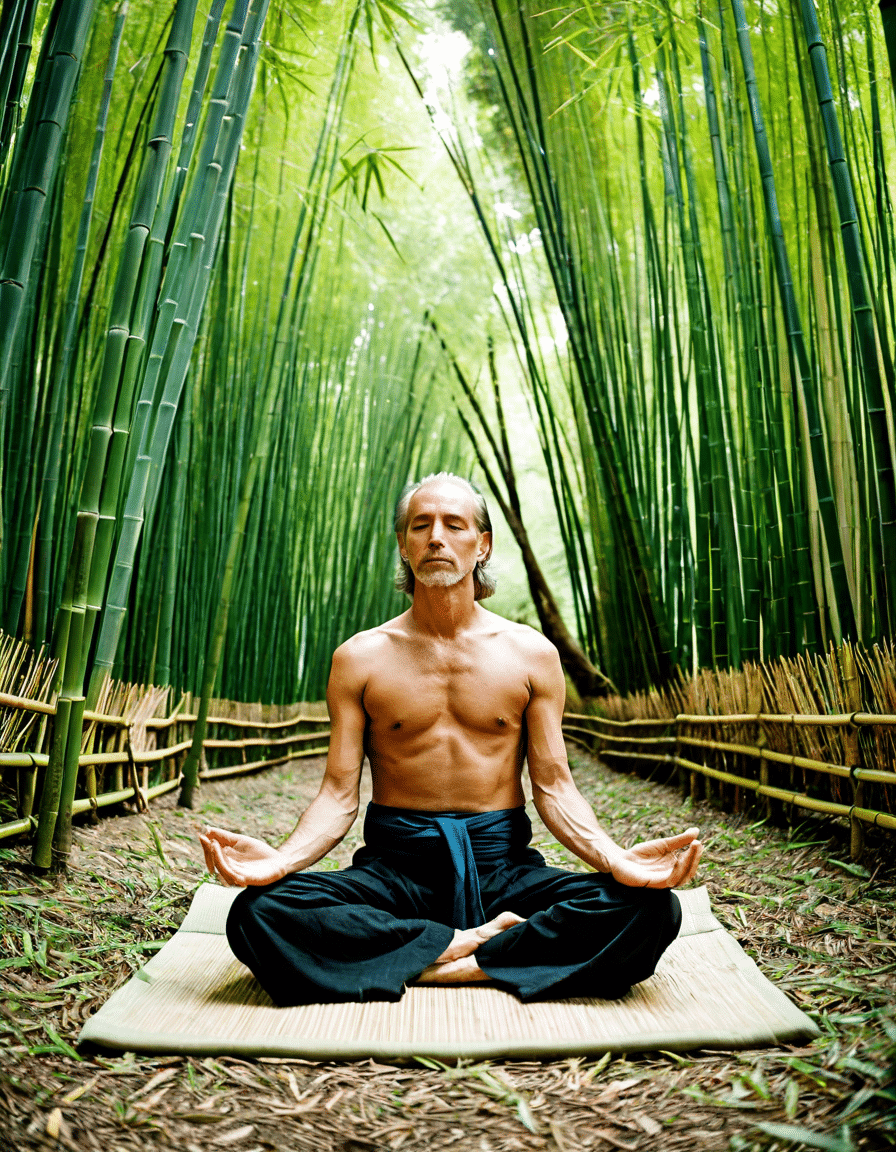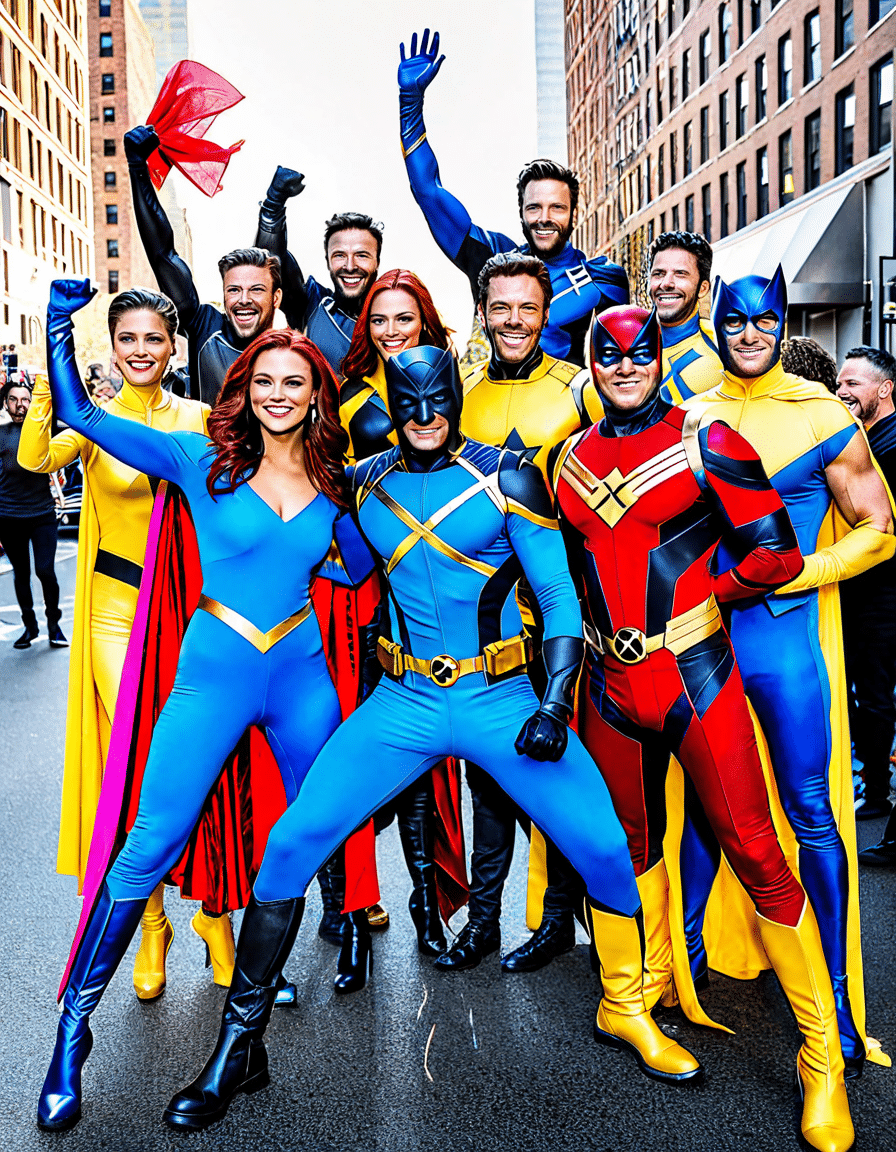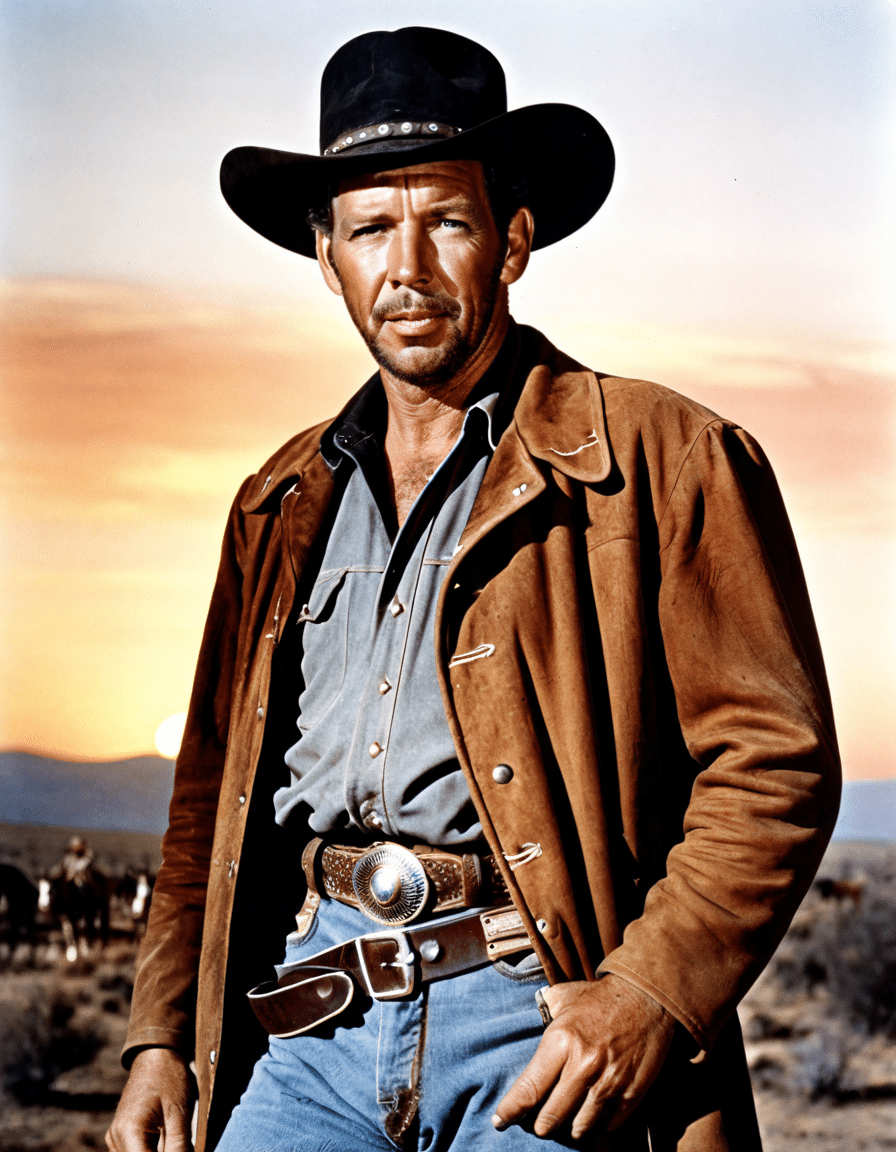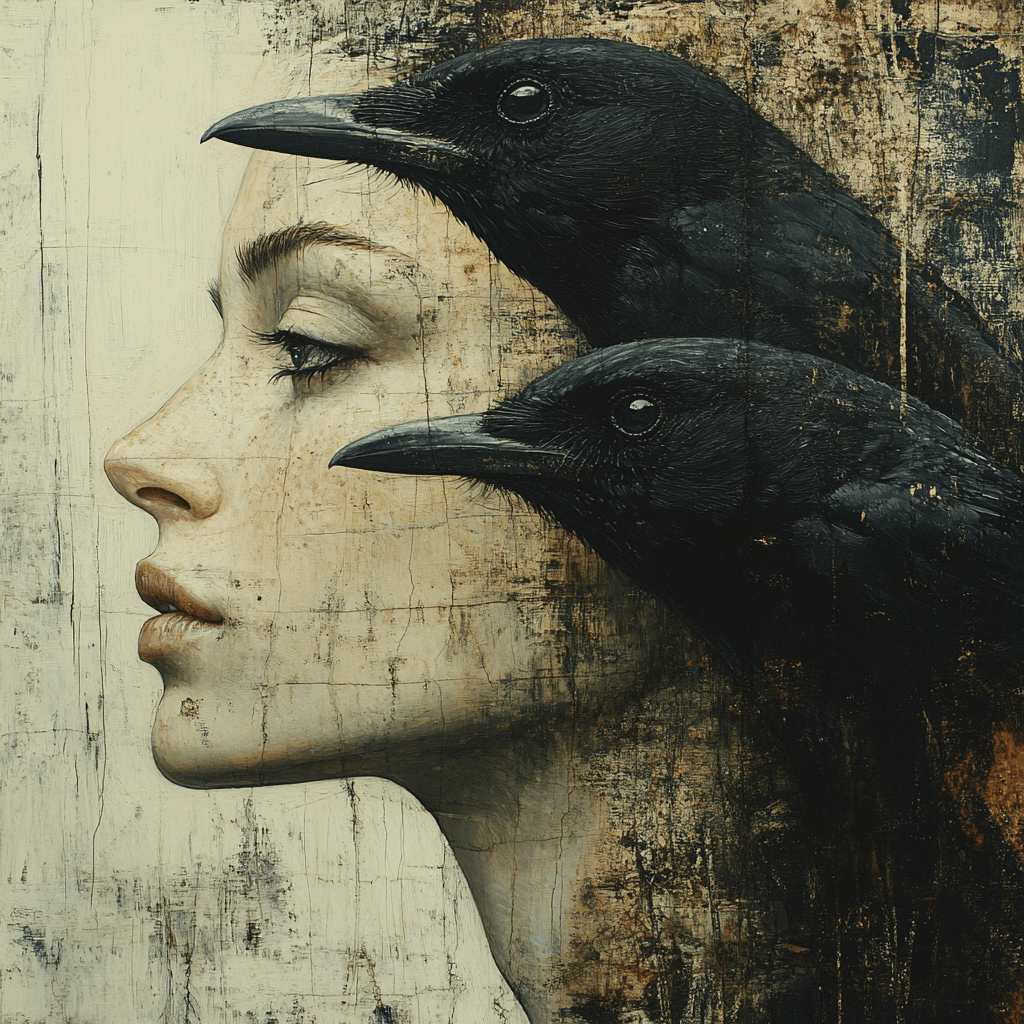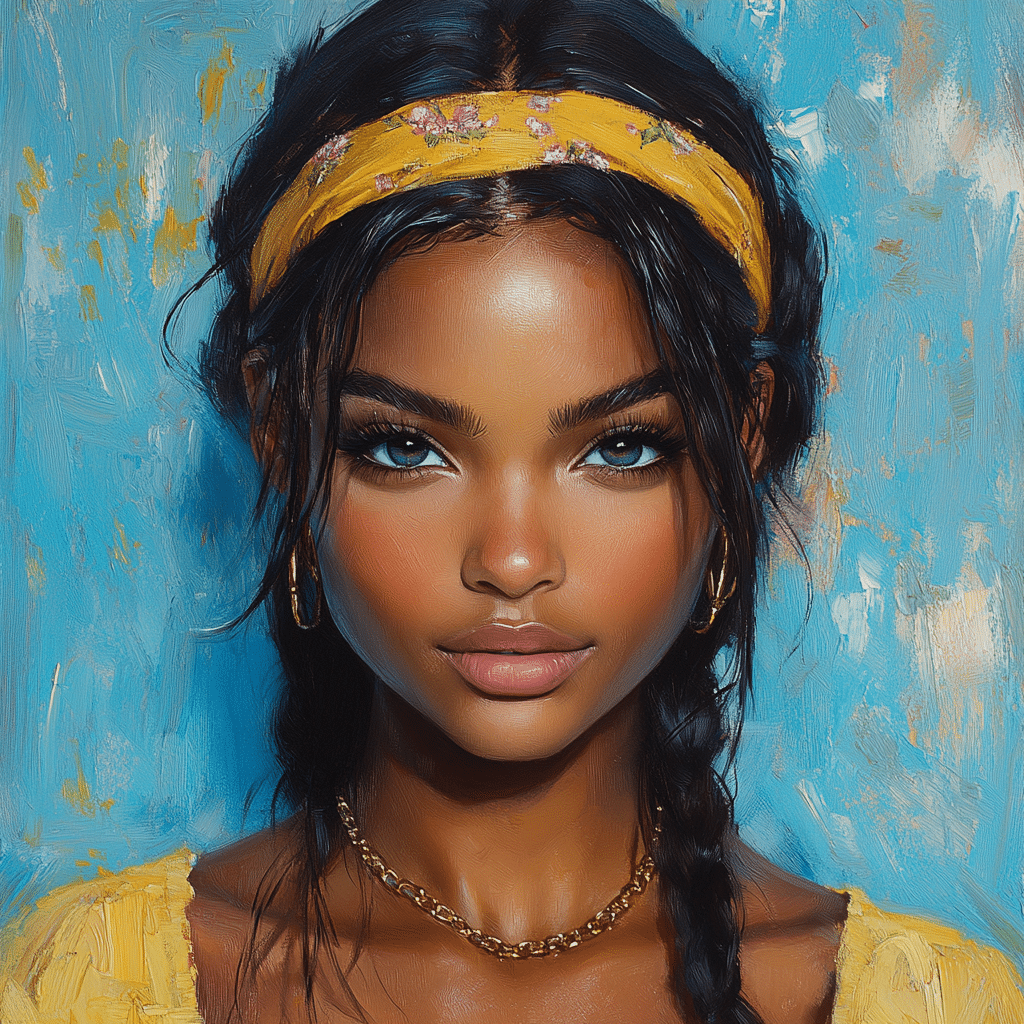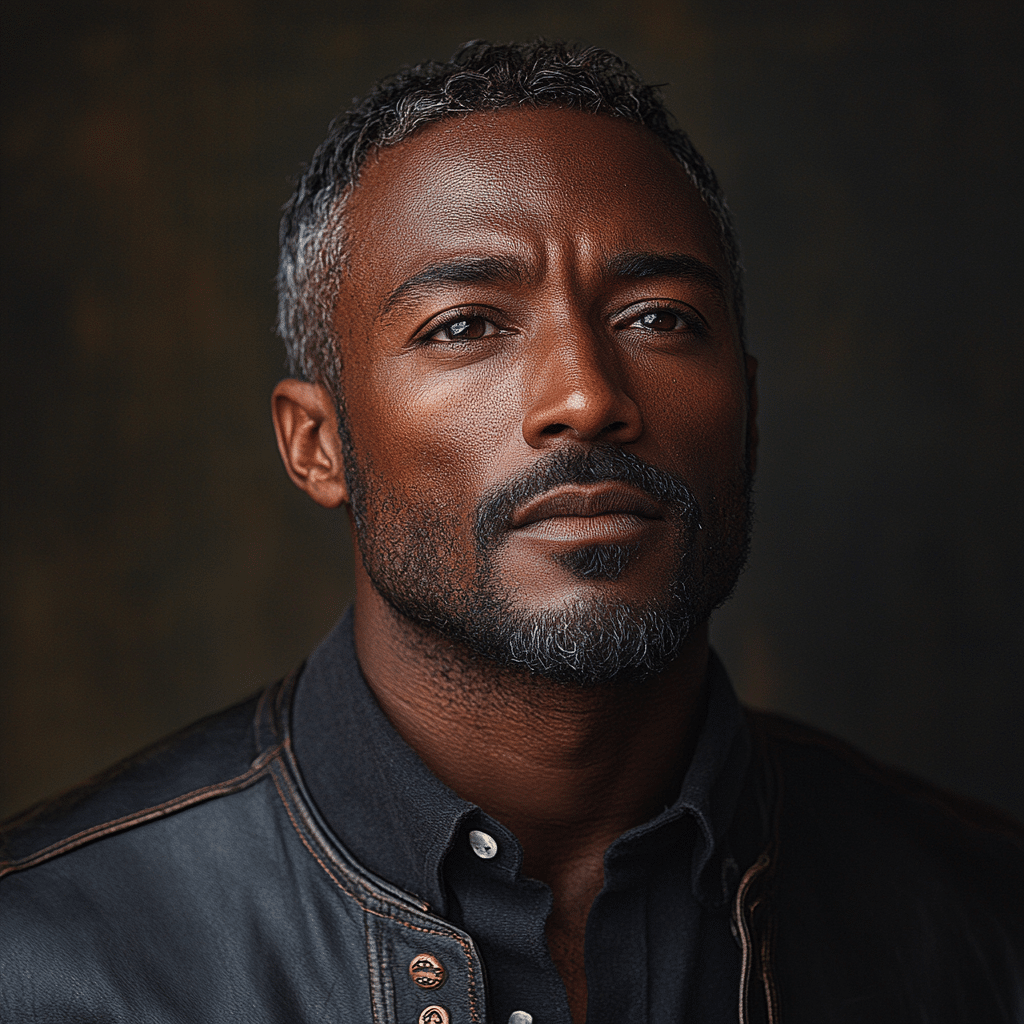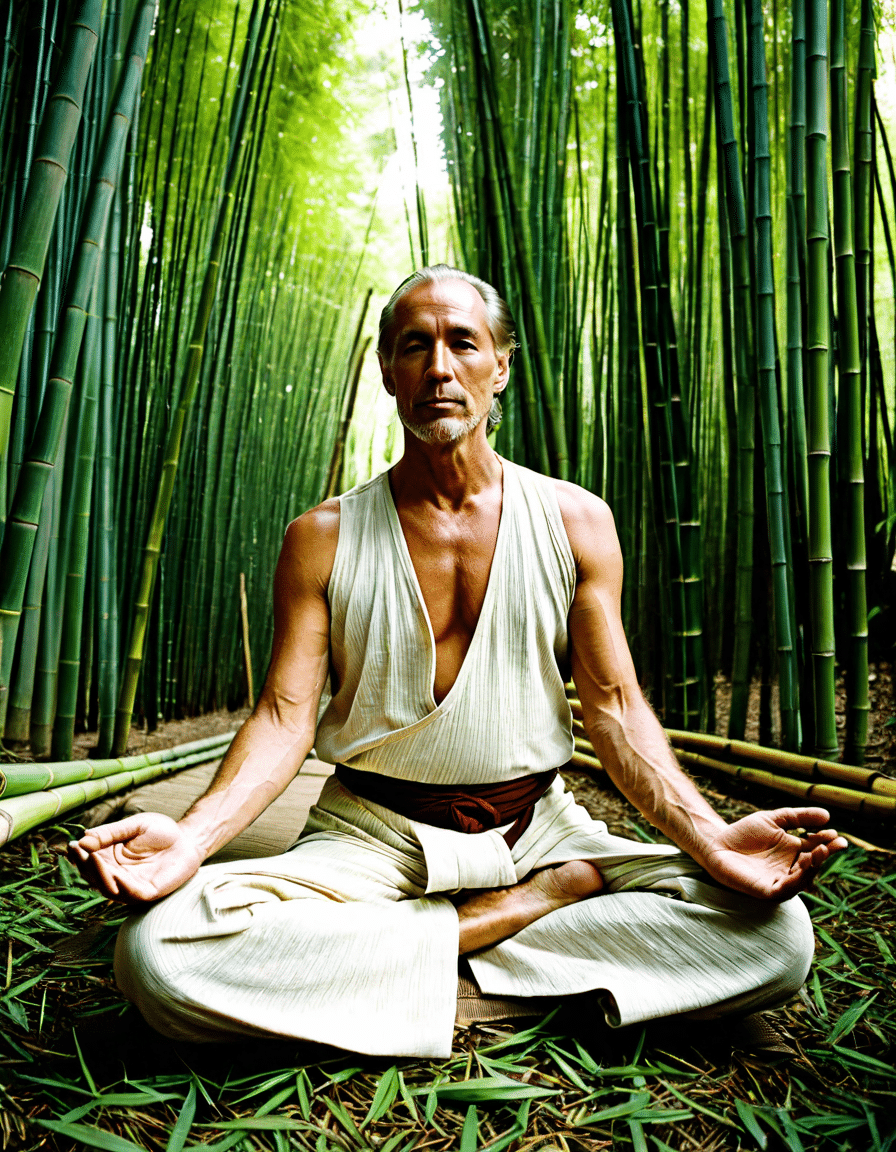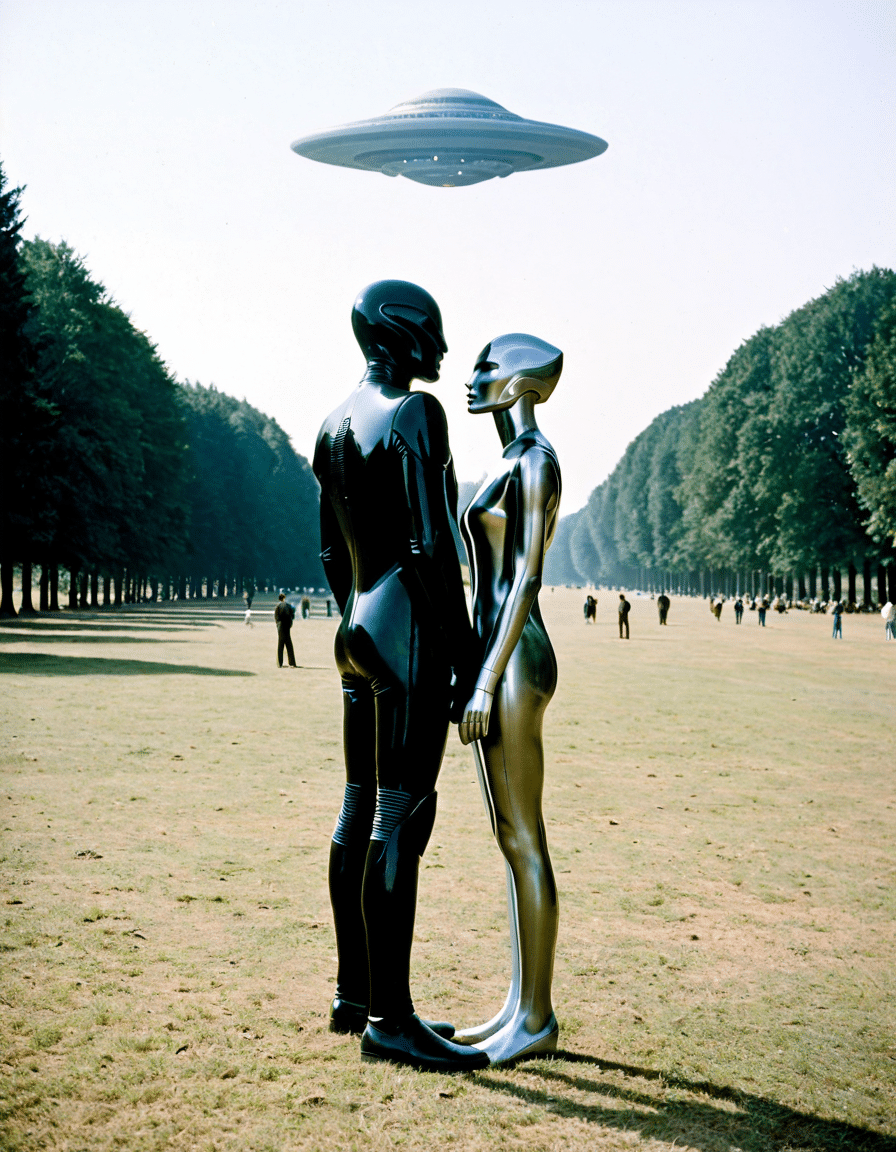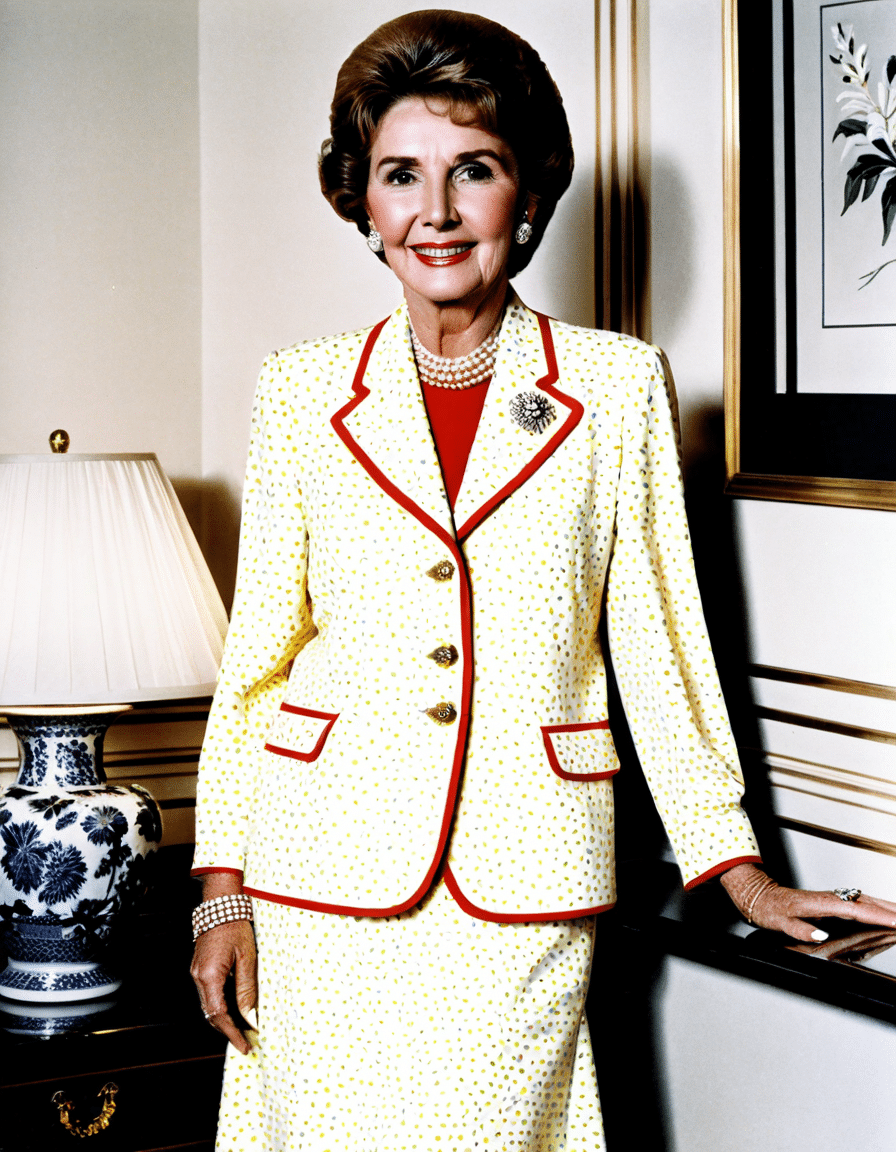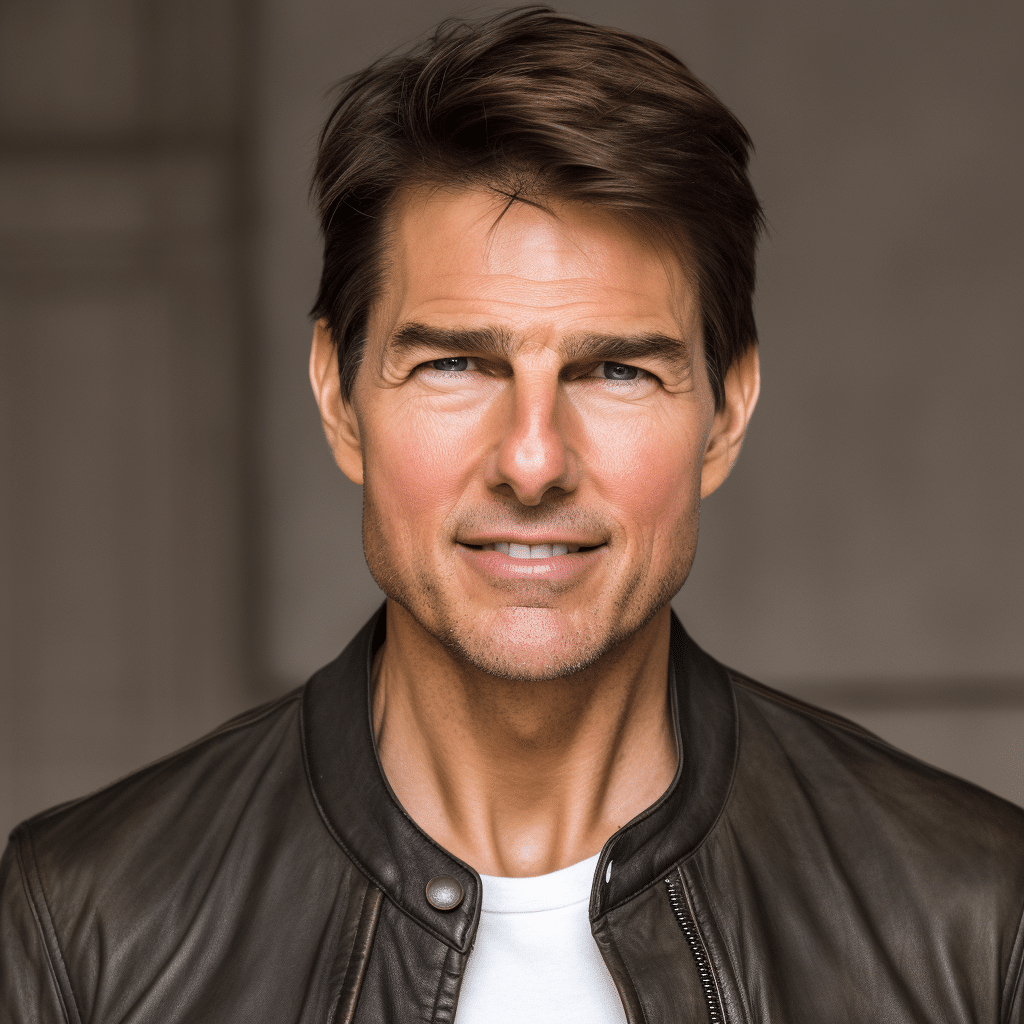David Carradine, a name that rings out in the halls of martial arts cinema, was more than just a star; he was a beacon of eclectic talent. Not only did he master the art of kung fu on screen, but he also navigated the tumultuous waves of Hollywood with charm and a certain je ne sais quoi. Beyond his iconic role in the much-loved series “Kung Fu,” Carradine’s life proved to be an intricate narrative woven from diverse experiences, personal struggles, and a rich family legacy. So, let’s leap into the swirling world of David Carradine, where every punch thrown and line delivered holds a story worth telling!
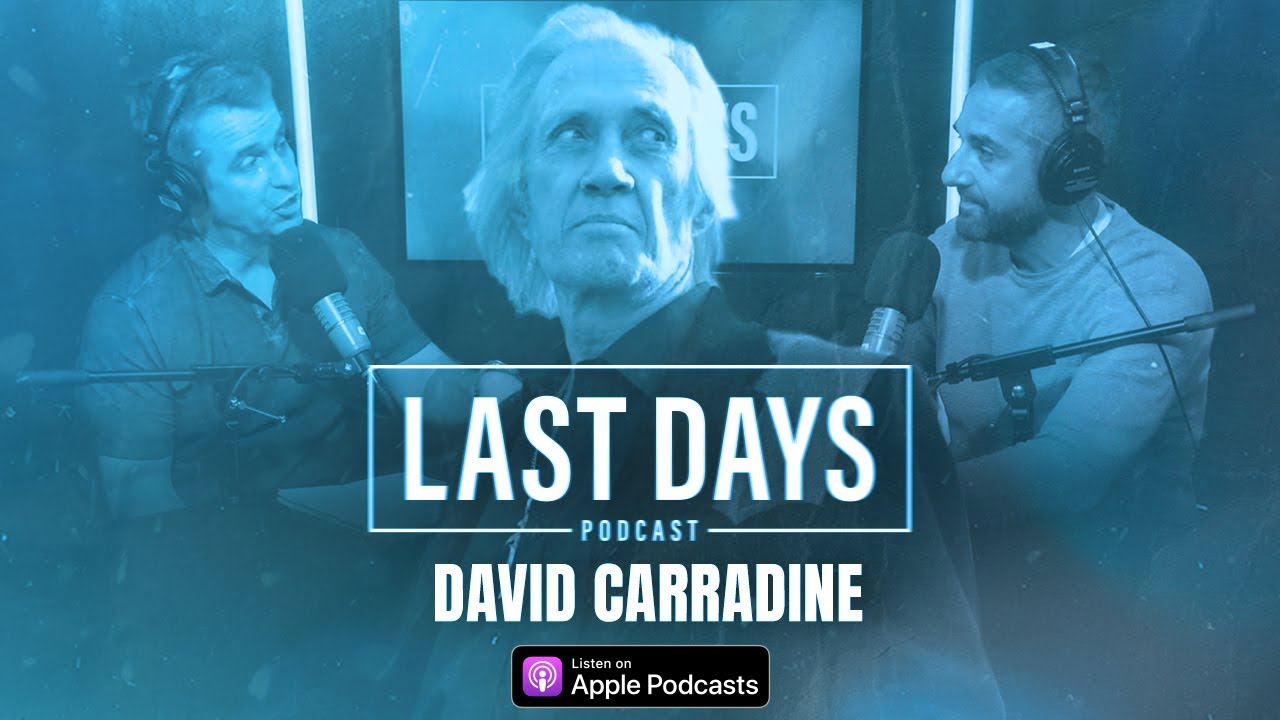
5 Iconic Roles That Defined David Carradine
1. Kung Fu (1972-1975)
Who could forget Carradine as Kwai Chang Caine? The show not only catapulted him into stardom but also made him a symbol of peace, embodying Eastern philosophies blended with a classic Western narrative. Caine became a global icon, representing the struggle for balance in a chaotic world through martial arts. This wasn’t just a role for Carradine; it was a reality he brought to life, showcasing his ability to meld physical prowess with deep introspection. It’s no wonder that when fans chatter about martial arts icons, David Carradine often tops the list!
2. Death Race 2000 (1975)
Hop in, folks, because “Death Race 2000” is a ride like no other! Carradine’s role as Frankenstein brought a heady mix of action and dark comedy to the table. Set in a dystopian future, the film’s satirical take on society and violence was ahead of its time. Carradine’s performance was nothing short of stellar, proving he could straddle genres like a pro. It’s an oddball classic that still resonates today, don’t you think?
3. The Long Riders (1980)
In Walter Hill’s Western epic, Carradine showed us yet again that talent runs in the family! Portraying the legendary Jesse James alongside his real-life brothers, Keith and Robert Carradine, the trio lit up the screen. The film explored the bond of brotherhood, both on and offscreen, showcasing their seamless chemistry. Watching the Carradine brothers together is like witnessing a masterclass in familial dynamics within filmmaking.
4. Kill Bill Vol. 1 & 2 (2003-2004)
Fast forward to the early 2000s, and enter Quentin Tarantino, who breathed new life into Carradine’s career. Taking on the enigmatic role of Bill, Carradine explored layers of that moral grey ground we all know so well. Through Tarantino’s lens, he redefined villainy, giving audiences a glimpse into the complex psyche of his character. It was a role that not only rejuvenated his career but also introduced David Carradine to a fresh generation of movie lovers. How’s that for a comeback?
5. Sooner or Later (1997)
In “Sooner or Later,” a lesser-known gem, Carradine graced the screen among a talented ensemble, exploring themes of love and time with his trademark finesse. While it might not be on everyone’s radar, the film painted a poignant picture of the relationships that shape us. It’s a testament to Carradine’s versatility, proving his skills extended far beyond just martial arts.
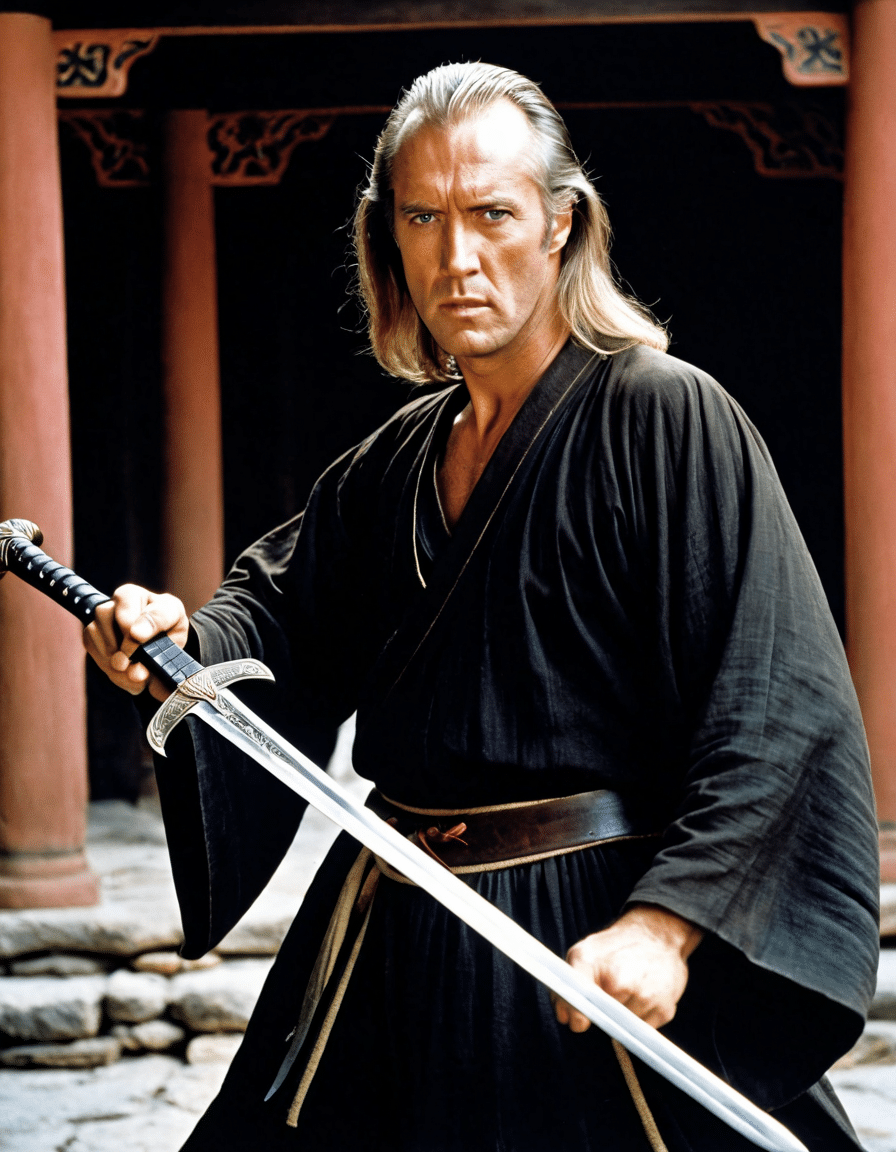
The Evolution of David Carradine’s Legacy: From Kung Fu to Cult Classic
David Carradine’s cinematic journey is like a rollercoaster of cultural shifts reflected in film and television. Initially, he was painted as the quintessential martial arts hero, but as his career evolved, so did the characters he played. With each role, David Carradine mirrored the changing perspectives of masculinity in cinema—from a wise monk seeking inner peace to a ruthless assassin willing to do whatever it takes.
His collaborations with renowned directors like Quentin Tarantino and Walter Hill not only shed light on his adaptability but also represented a bold shift in storytelling. This willingness to push boundaries solidified Carradine’s status as an artist instead of merely an action star. He adapted, transformed, and thrived in an entertainment landscape that constantly changed, much like the characters he portrayed.
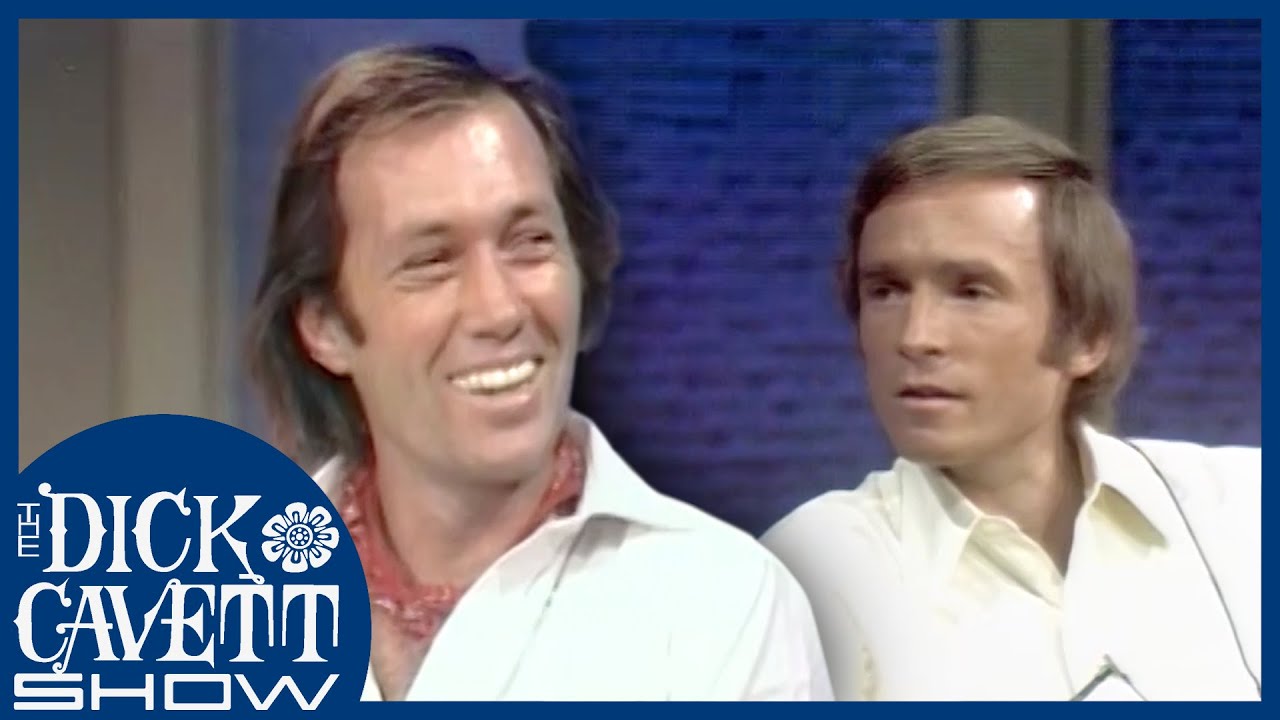
The Carradine Family: A Legacy of Performance
While David Carradine soared on his own, the familial tie he shared with his siblings—especially brother Keith Carradine—had a profound impact on his career decisions and growth. Keith’s Oscar-winning role in “Nashville” reflected the immense talent running through the Carradine lineage, showcasing not just one but multiple shades of artistry. The back-and-forth influence between the brothers often breathed life into their projects, forging a path for modern storytelling.
The dynamic between the Carradine brothers is a tell-tale sign of how family can shape creative pursuits. In much the same way that they reflected elements of each other’s styles, their careers intertwined, creating a unique narrative that not only entertained but also resonated with audiences. It’s heartwarming to see how familial support can elevate the art of storytelling in such a competitive industry, don’t you agree?

The Cultural Footprint of David Carradine
There’s no denying that the impact of David Carradine reaches far beyond his performances. His portrayal of Kwai Chang Caine in “Kung Fu” brought martial arts into the American spotlight, influencing future stars like Bruce Lee and Jackie Chan. Carradine laid the groundwork for others to follow, demonstrating that there’s an audience craving authenticity in representation.
Moreover, his blending of Eastern and Western philosophies sparked much-needed conversations around cultural appropriation in performance art. As contemporary dialogues continue to explore authenticity in cinema, Carradine’s legacy encourages artists to tread carefully, thoughtfully, and respectfully across cultural lines. The conversations he inspired are just as important now as they were during his height of fame.
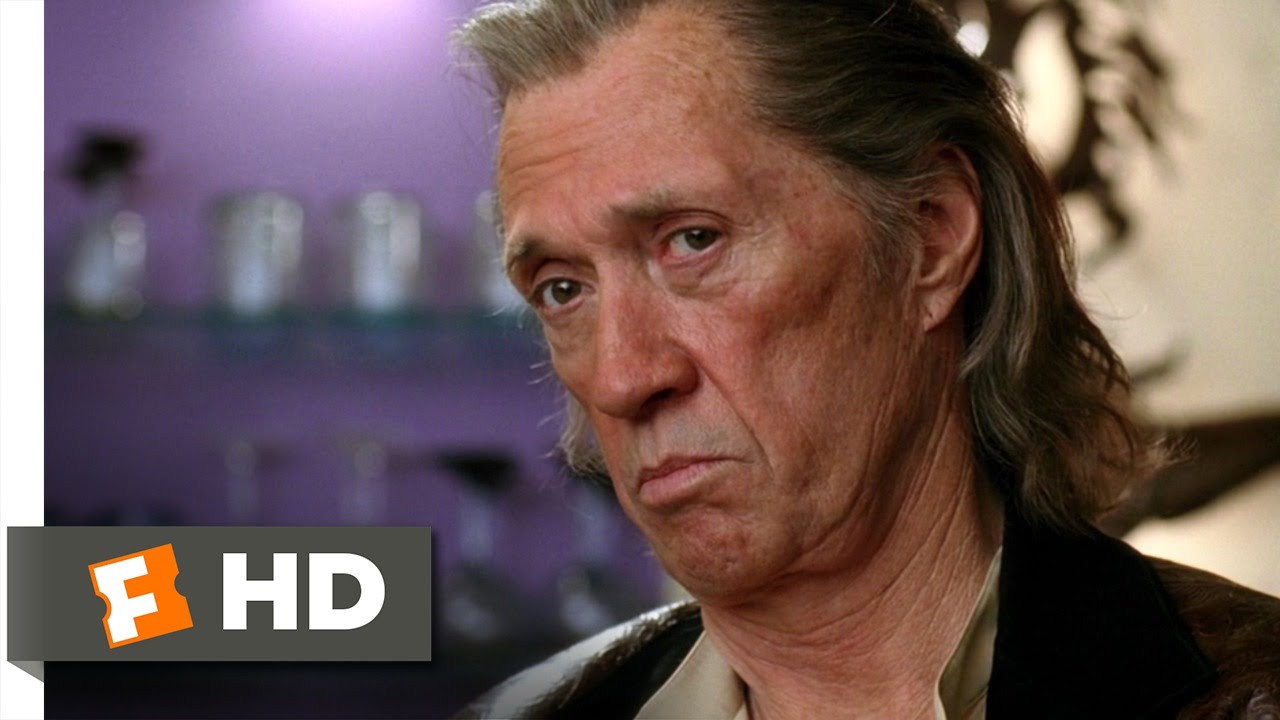
Reflecting on the Journey of David Carradine
David Carradine’s life was a rich tapestry filled with artistic contributions and nuanced personal struggles, all while balancing the weight of familial relationships. His diverse portrayals—from serene monks to shadowy antiheroes—speak volumes about his versatile acting skills and the ever-changing cinematic landscape.
As we reflect on Carradine’s incredible journey, it’s clear his influence is much bigger than just his filmography. He connected deeply with audiences, sparking thoughts on complex themes that resonate even today. In the end, the Carradine name won’t just be a whisper in Hollywood history; it will stand as a powerful beacon lighting the way for aspiring artists daring to traverse their own intricate landscapes in the world of film!
So, raise your glass to David Carradine, a legendary star forever etched in our hearts and screens! And frankly, isn’t that what makes Hollywood such a magical place?
David Carradine: The Legendary Star of Kung Fu
A Multi-Talented Star
David Carradine was more than just a martial arts icon; he had a flair for the dramatic and a passion for performance that caught the eye of many filmmakers. Before landing his iconic role in Kung Fu, Carradine starred in several lesser-known films and shows, including a brief appearance in La Bamba, which showcased his range beyond action roles. Furthermore, his unique ability to blend philosophy with fighting made him a compelling character. Did you know Carradine was a key part of the cast of Zombies 4: Dawn of the Vampires? His involvement in such projects proves his willingness to explore diverse genres.
Behind the Scenes of a Legacy
The enigmatic star lived a life full of surprises, with each role adding layers to his already rich career. Carradine was celebrated for his work not just in front of the camera but also behind it; he wrote and directed multiple stage plays throughout his life. Interestingly, he had a cameo in the classic series Lost in Space, showcasing his versatility before he became a household name. The man had a way of making roles feel like more than just acting, wrapping them in personal experiences and lessons learned, a quality reminiscent of themes in SNL’s 50 Special, where famous personalities often reflect on their journeys.
More Than Just Kung Fu
Beyond the martial arts and drama, Carradine was also a passionate advocate for several causes, famously stating, “I’m proud to be an American,” which resonated with many fans. His deep involvement in eclectic projects, like the lesser-known film Summer Solstice, shows he was an artist constantly looking to push boundaries. With a career peppered with bold choices—a trait shared by many notable actors, including the cast of X-Men 2000—Carradine truly embodies the spirit of relentless exploration that defines great artists. His legacy lives on, reminding us that true talent knows no bounds. Now that’s a fun tidbit worth sharing!
